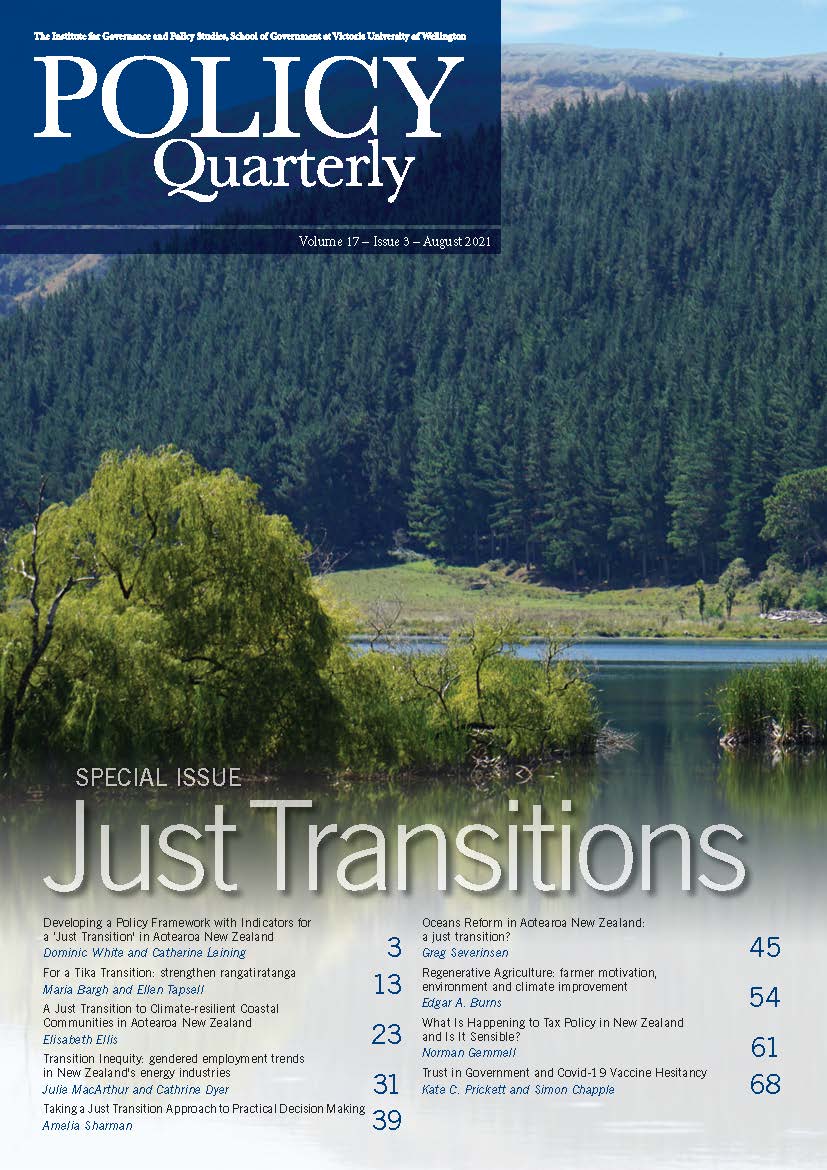Regenerative Agriculture: farmer motivation, environment and climate improvement
DOI:
https://doi.org/10.26686/pq.v17i3.7133Keywords:
Carbon Sequestering, Emissions Policy, Environment, Regenerative Agriculture, Regenerative Farming, Regen AgAbstract
Regenerative agriculture has become a social movement in farming. It embraces the environmental basis of farming. Land, water and nutrients are viewed as an ecological whole. This includes bacteria and mycorrhiza as essential to soil health and plant diversity, and mob stocking and no-till farming above ground. Regen ag, as regenerative agriculture is often called, is a paradigm shift for farmers, who are often perceived as resistant. There is a mismatch between academic and policy interest focusing on the scientific need for and value of regenerative agriculture, and the social and human motivating benefits of regenerative agriculture. This crucial willingness, not simply the turn away from denialism, is the signal significance of this new form of farming. In New Zealand and globally, climate change and environmental degradation can be addressed much more quickly, more thoroughly and less contentiously if regenerative agriculture is supported and extended, even as science documentation is achieved over time.
Downloads
Published
Versions
- 2021-09-23 (2)
- 2021-09-23 (1)
Issue
Section
License
Permission: In the interest of promoting debate and wider dissemination, the IGPS encourages use of all or part of the articles appearing in PQ, where there is no element of commercial gain. Appropriate acknowledgement of both author and source should be made in all cases. Please direct requests for permission to reprint articles from this publication to Policy-Quarterly@vuw.ac.nz.



